She describes engineless sailing as “a conversation between the sailor, the boat, and the elements.”
Without an engine to navigate difficult manoeuvres, she says sailors must rely on a range of diverse traditional skills and an understanding of the natural world.
“The engineless sailor can’t accurately predict or completely control what will happen. Instead, they rely on their skill and, more importantly, an intimate connection to their environment,” she said.
With funding from Arts Council England, she and Huw have crafted a film exploring this unique relationship between sailor and environment.
The public screenings, which start in Gravesend on 26 April and take in ports including Maldon, Harwich, Ipswich and Woodbridge, will also provide sailing training opportunities for children and young people.
The opportunity to take the film along the Essex coast is especially exciting for Rose who describes its unique inlets and muddy seabed, which sailors have used to their advantage for centuries, as “wild and beautiful”.
Rose, whose favourite place to sail is the Pacific Ocean, is in the first year of an undergraduate degree in philosophy and sustainability. She was inspired to enrol at Essex by her years at sea.
“I wanted to become more actively engaged in addressing the climate crisis. I had fallen in love with the wild places on our planet whilst also seeing the damage human activities were causing.
“The climate crisis goes beyond science, economics, or politics, though it encompasses all these things; it is how we think and what we implicitly believe that fuels how we act. It isn’t until we question the philosophical foundations of our current situation that we can begin to repair it,” she explained.
Wind, Tide and Oar will visit ten ports on the east coast between April and July 2024, before heading across the UK for a land tour. Find out where to see it.
Read our full interview with Rose.

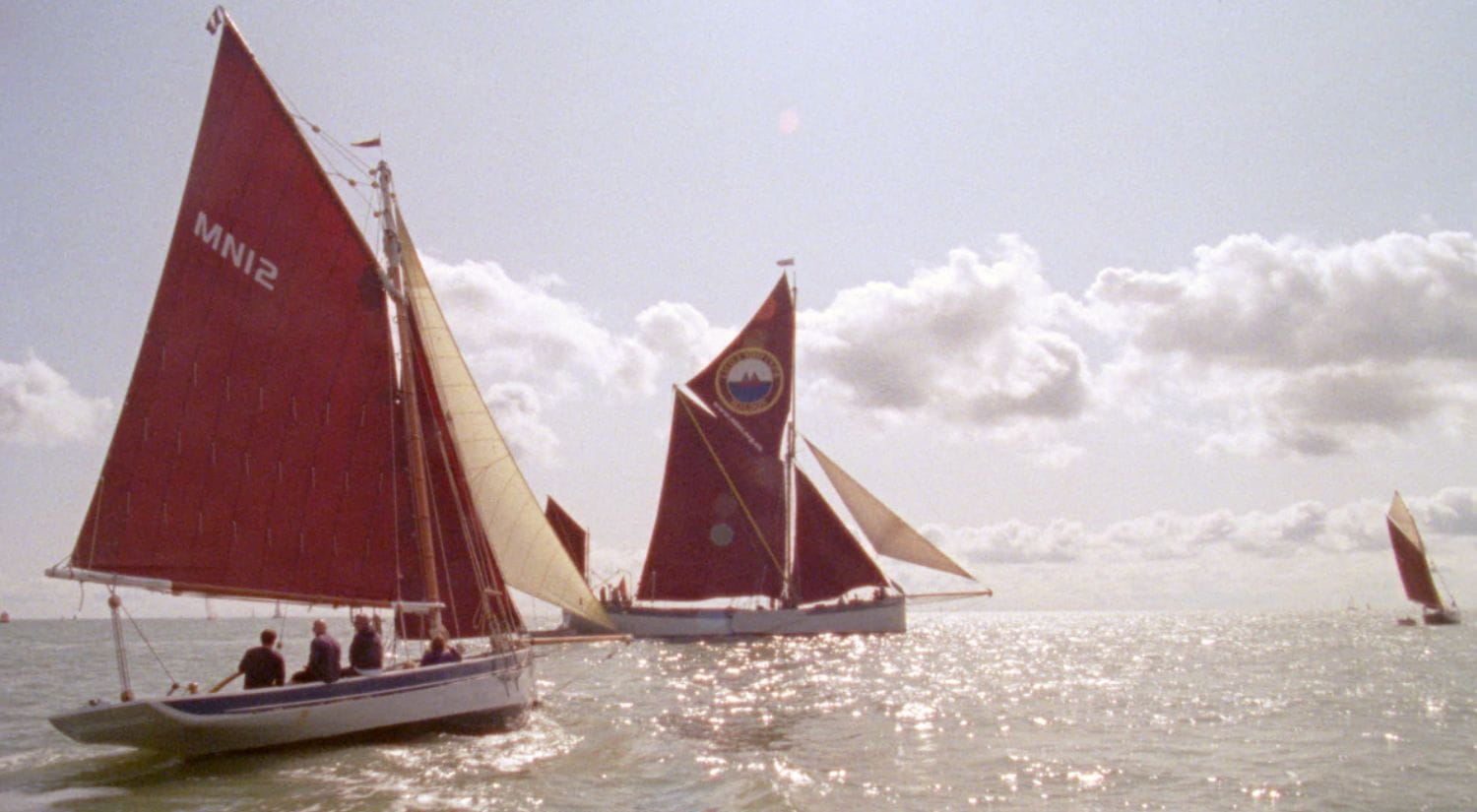
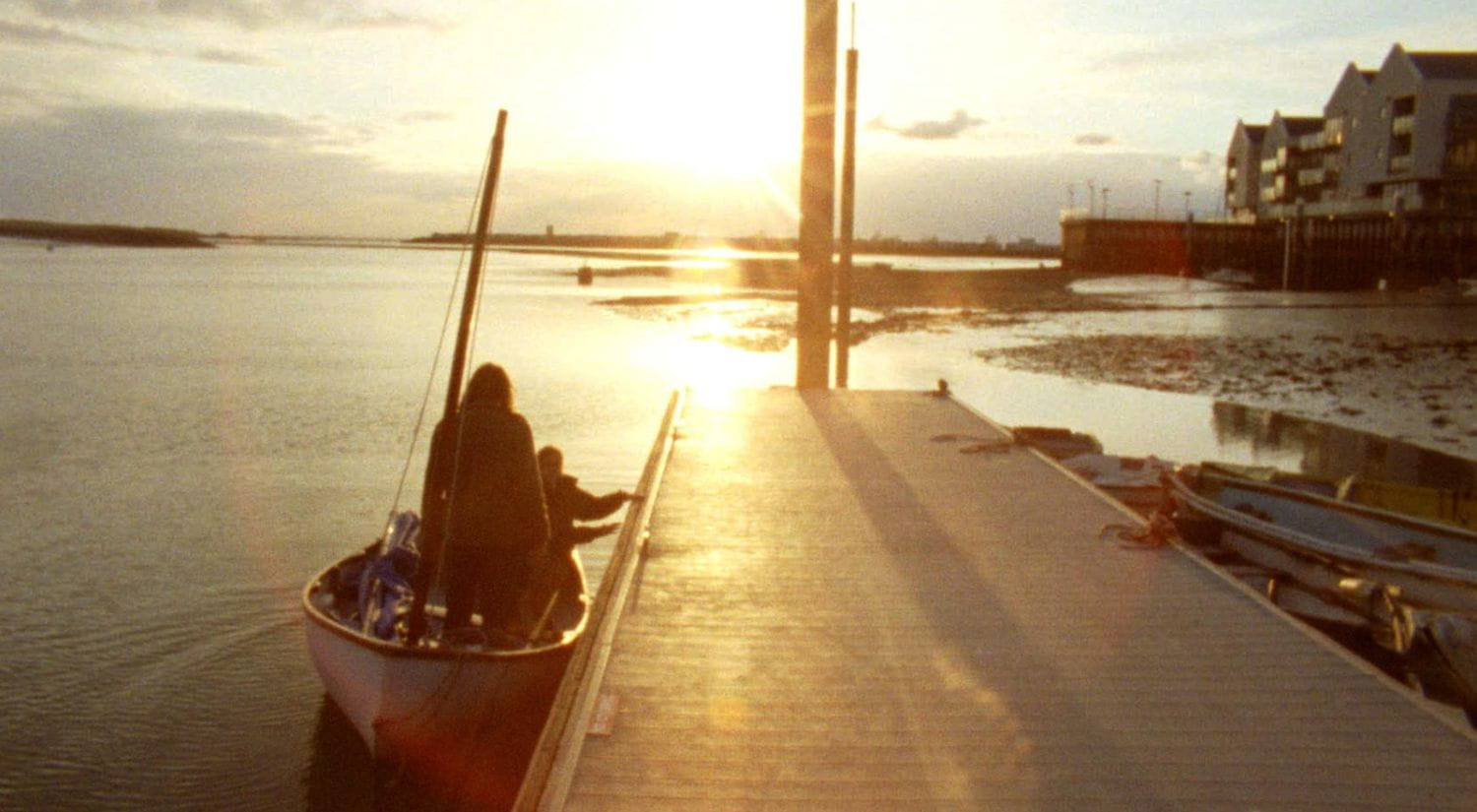
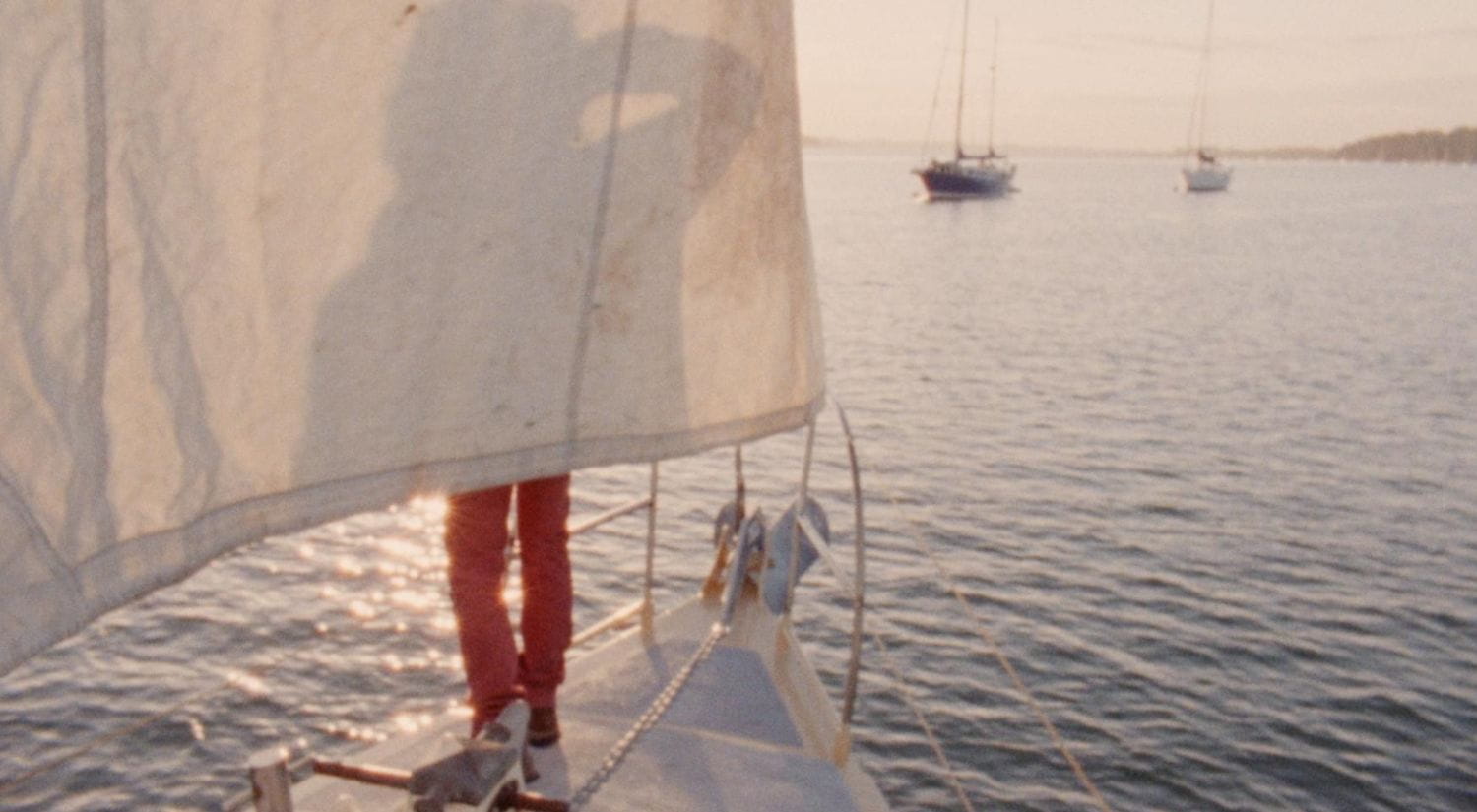
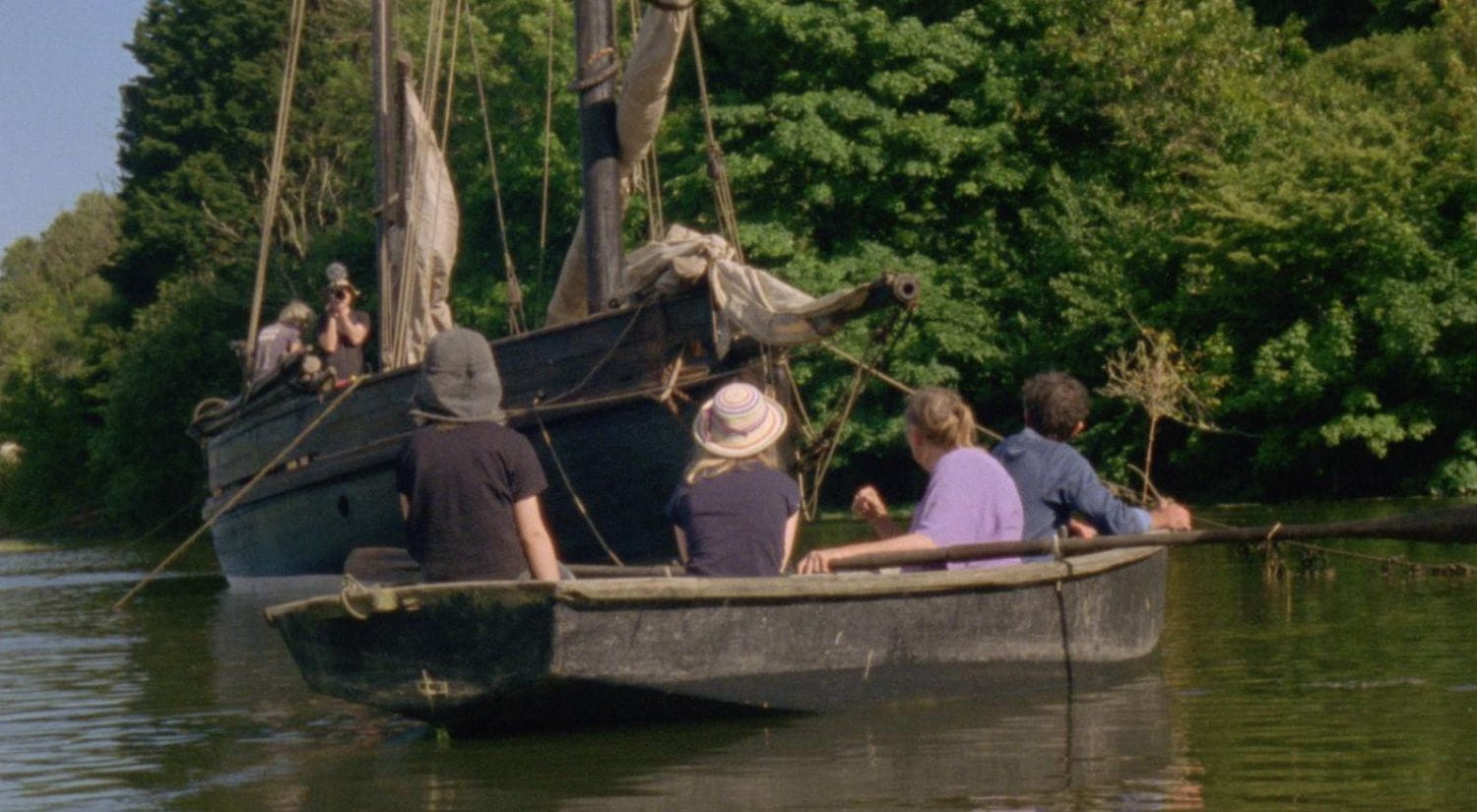
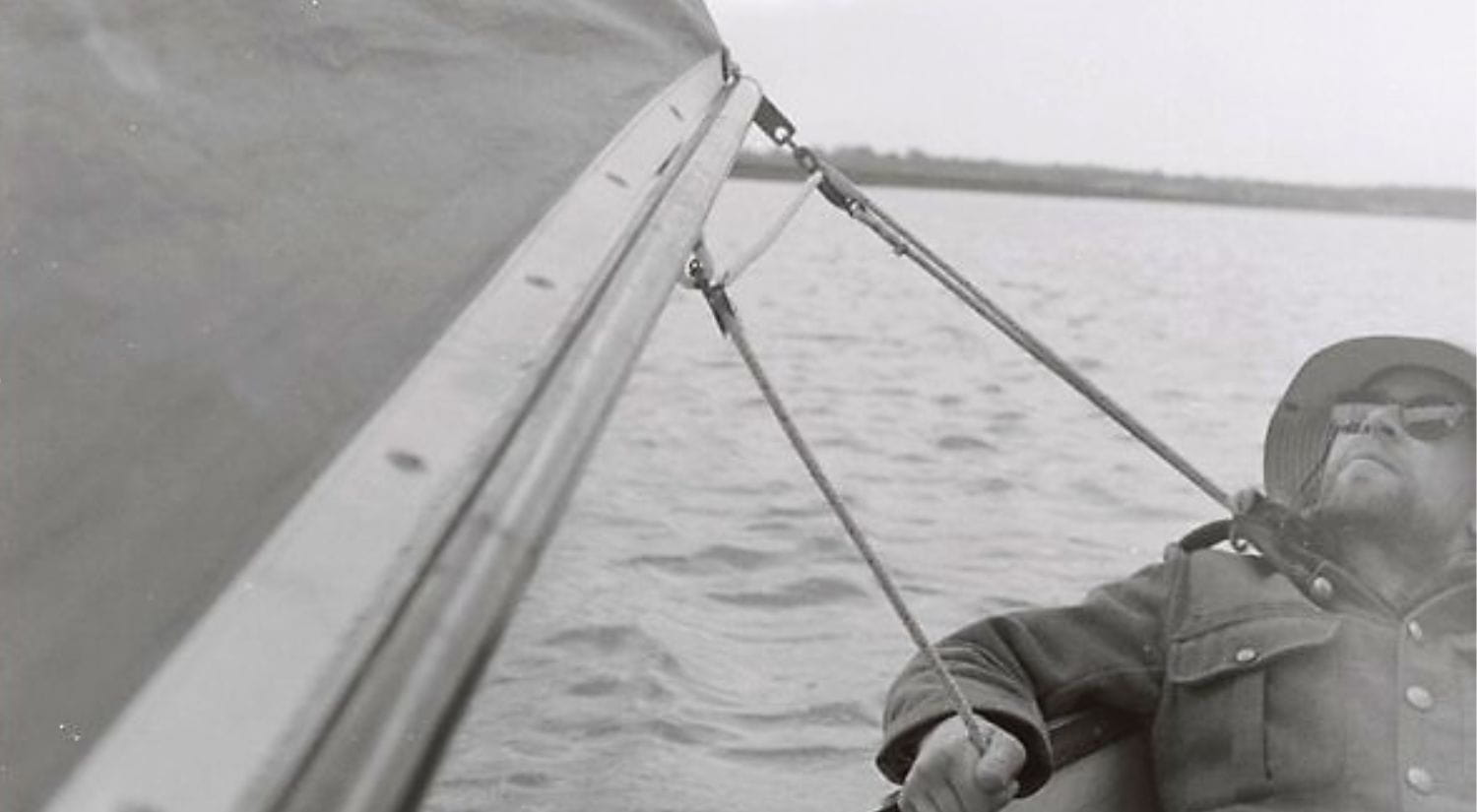
.jpg?mh=500&mw=500&hash=6568B6C9CCF5290A596BEF6678B6AD0E)




